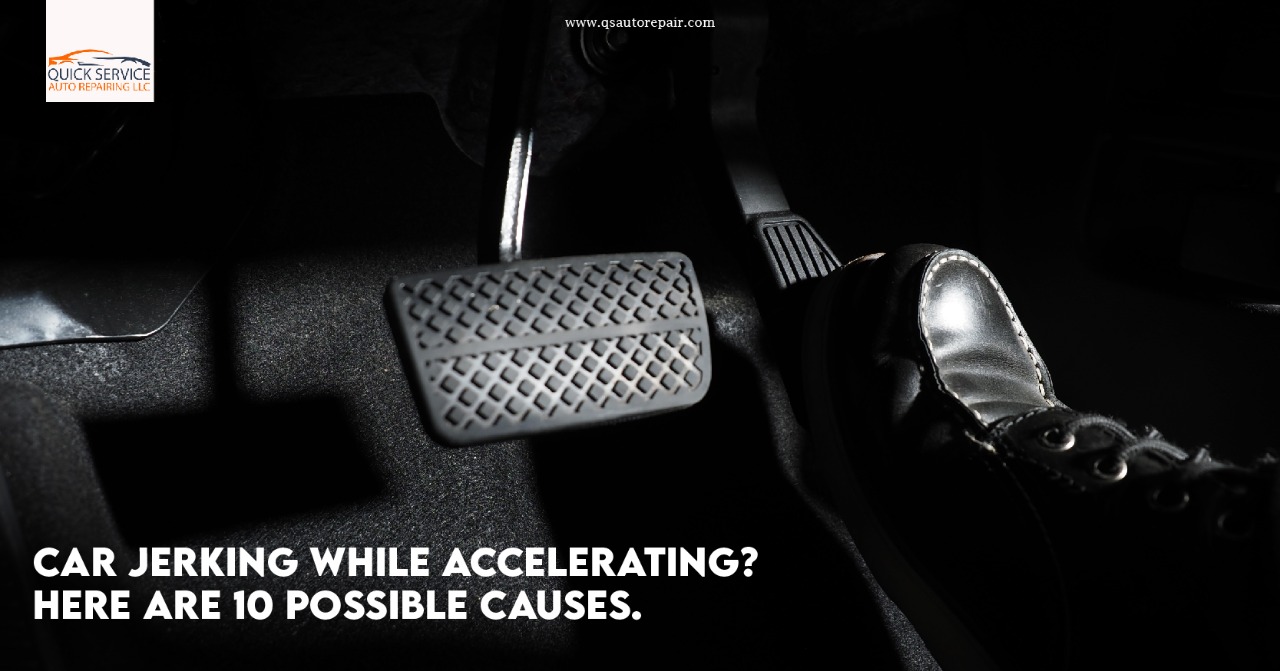نحن منفتحون 7 أيام في الأسبوع
Fri إلى خميس 08:00 صباحا - 10:00 مساءا
How to Transfer Car Ownership in Dubai: A Comprehensive Guide
Transfer car ownership in Dubai is a process that involves several steps and requirements. Whether you’re a resident, an expatriate, or a visitor planning to buy, sell, or transfer vehicle ownership in Dubai, it’s essential to understand the intricacies of the transfer procedure. In this comprehensive guide, we’ll delve deeper into each step of How to Transfer Car Ownership in دبي and provide valuable insights to ensure a smooth and hassle-free experience.

Understanding Car Ownership in Dubai
Overview of Car Ownership Regulations
In Dubai, car ownership is more than just possessing a vehicle; it comes with specific responsibilities and legal obligations. To understand car ownership fully, it’s crucial to be aware of the following vital regulations:
Vehicle Registration:
Every vehicle in Dubai must be registered with the Roads and Transport Authority (RTA). This registration is renewed annually.
Insurance Requirement:
It’s mandatory to have comprehensive car insurance in Dubai. Insurance covers accidents and is a prerequisite for car registration and ownership transfer.
Salik (Toll) Tag:
You’ll need a Salik tag to use Dubai’s toll roads. Ensure your Salik account is up to date when transferring ownership of a vehicle.
The Importance of Car Ownership Transfer
Transferring your Car ownership in the UAE is a critical procedure primarily due to the city’s thriving automotive industry and diverse population, including locals and expatriates. Understanding the new vehicle transfer process becomes vital when buying or selling a car. This guide aims to empower you with the knowledge required to successfully navigate the journey of car ownership transfer in Dubai.
Essential Documents and Requirements
Before we dive into the step-by-step process to transfer vehicle ownership, let’s take a closer look at the essential documents and requirements you’ll need to complete a transfer of car ownership:
Valid Identification:
The car buyer and the seller must provide valid identification to initiate the transfer. This typically includes an Emirates ID or passport. Ensure that these documents are up-to-date and readily available.
Vehicle Inspection:
Before any transfer can occur, the vehicle in question must undergo a thorough inspection at an authorized testing center. This vehicle registration and inspection is critical to ensure the car meets Dubai’s stringent safety and emissions standards.
Clear Outstanding Fines:
Outstanding fines or penalties related to the vehicle must be cleared before proceeding with the transfer. These fines can be accumulated for various reasons, including traffic and parking.
Vehicle Insurance:
Throughout the transfer process, it’s mandatory to maintain valid insurance coverage for the vehicle. This insurance protects all parties involved in the transaction.
No Objection Certificate (NOC):
Obtaining a No Objection Certificate (NOC) from the financing bank is crucial if the vehicle is under financing or has an existing loan. This document confirms no pending payments or loans on the vehicle, allowing for a smooth transfer.
Sale Agreement:
A comprehensive sale agreement is a vital document that should be prepared and signed by both the buyer and the seller. This agreement should contain essential details such as the sale price, the date of transfer, and the identification information of both parties. It serves as a legal record of the transaction.
How to Transfer Car Ownership in Dubai: A Step-by-Step Guide
Now, let’s explore the step-by-step process of transferring car ownership in Dubai:
Step 1: Obtain a Vehicle History Report
For prospective buyers, especially in the case of used cars in Dubai, obtaining a vehicle history report is a wise step. This report provides crucial insights into the vehicle’s past, including accidents, maintenance records, and ownership history. It helps buyers make informed decisions.
Step 2: Vehicle Inspection
The buyer and the seller must visit an authorized testing center for a comprehensive vehicle inspection. This inspection ensures the vehicle is roadworthy and complies with Dubai’s safety standards. It’s a crucial step in guaranteeing the safety of the vehicle’s new owner.
Step 3: Clear Outstanding Fines
Before initiating the transfer process, clearing all outstanding fines associated with the vehicle is essential. These fines can vary, from traffic violations to parking fines, and settling them is necessary for a smooth transfer.
Step 4: Obtain a No Objection Certificate (NOC)
If the car is financed, the buyer must obtain a No Objection Certificate (NOC) from the financing bank. This ownership certificate verifies that there are no outstanding payments or loans on the vehicle, paving the way for a successful transfer.
Step 5: Sale Agreement
A meticulously prepared sale agreement is a legal requirement and a crucial component of the transfer process. Both parties involved must sign this agreement, which should clearly outline the sale price, the date of transfer, and the identification details of the buyer and seller.
Step 6: Visit the Dubai Traffic Department
The buyer and the seller should visit the Dubai Traffic Department to initiate the official transfer process. It’s crucial to ensure you have all the necessary documents, including identification, the sale agreement, and the NOC, if applicable.
Step 7: Pay Transfer Fees
At the Dubai Traffic Department, you must pay the necessary transfer fees. These car ownership transfer fees vary depending on the vehicle’s value and age. Preparing to cover these costs is essential to complete the transfer successfully.
Step 8: Receive the New Registration Card
Upon the approval of the transfer, you will receive a new registration card, which officially registers the vehicle in the new owner’s name. This card is a crucial legal document and must be kept safe.
Tips for a Smooth Vehicle Ownership Transfer
To ensure a smooth vehicle ownership transfer in Dubai, here are some additional tips to consider:
Plan Ahead
Start the process well in advance of your intended transfer date. This allows ample time to gather documents, clear fines, and complete necessary inspections.
Research the Vehicle’s History
If you’re buying a car, thoroughly research its history. Look for any accidents, major repairs, or outstanding loans. This information can impact the transfer process.
Verify All Documents
Double-check that all required documents are in order. Missing paperwork can cause delays and complications.
Seek Professional Assistance
If you’re unsure about any aspect of the ownership transfer process, consider seeking help from a professional service or legal expert. They can guide you through the process and ensure everything is done correctly.
Keep Copies of All Documents
Make copies of all documents, including the sale agreement, NOC, and inspection reports. Having backups can be helpful in case of loss or disputes.
Understand Transfer Costs
Be aware of the costs associated with the transfer, including fees at the Dubai Traffic Department and any other charges. Budget accordingly to avoid surprises.
Check Vehicle Insurance
Ensure that the vehicle has valid insurance coverage throughout the transfer process. This is a mandatory requirement.
Be Patient
The ownership transfer process can sometimes be time-consuming, especially during busy periods. Patience is vital, and being polite and cooperative with authorities can expedite the process.
Update Vehicle Records
After successfully transferring ownership, remember to update all relevant records, including insurance, warranty, and maintenance schedules, to reflect the new owner’s details.
استنتاج
Changing who owns a car in Dubai might seem complicated, but it can be easily transferred if you know what to do. Ensure you get all the necessary papers, follow the steps carefully, and pay any fines you owe. If you do these things, you’ll quickly drive your new car in Dubai.
FAQs
Q: Can I transfer ownership if I have outstanding fines?
You can transfer ownership, but clearing all outstanding fines before moving is essential.
Q: How long does the ownership transfer process take?
The process typically takes a few hours, but it may vary depending on factors such as the complexity of the transaction and the volume of customers at the Traffic Department.
Q: Do I need a UAE driver’s license to transfer car ownership?
No, a UAE driver’s license is not mandatory for ownership transfer, but you must have a valid Emirates ID or passport.
Q: Can I transfer ownership if the car is still under warranty?
Yes, you can transfer ownership even if the car is under warranty. Make sure to update the warranty records with the new owner’s information.
Q: Is it possible to transfer ownership if the car is financed?
You can transfer ownership of a financed car by obtaining a No Objection Certificate (NOC) from the financing bank.
Q: What should I do if I lose the sale agreement?
If you’ve lost the sale agreement, you can draft a new one with the buyer and seller’s details and signatures. However, it’s essential to notify the authorities about the lost agreement.









